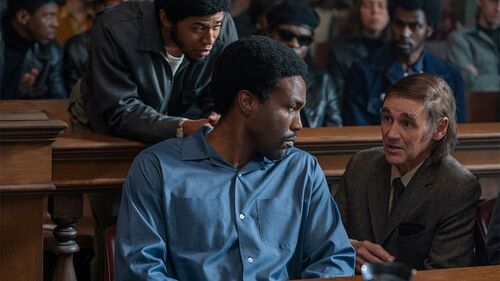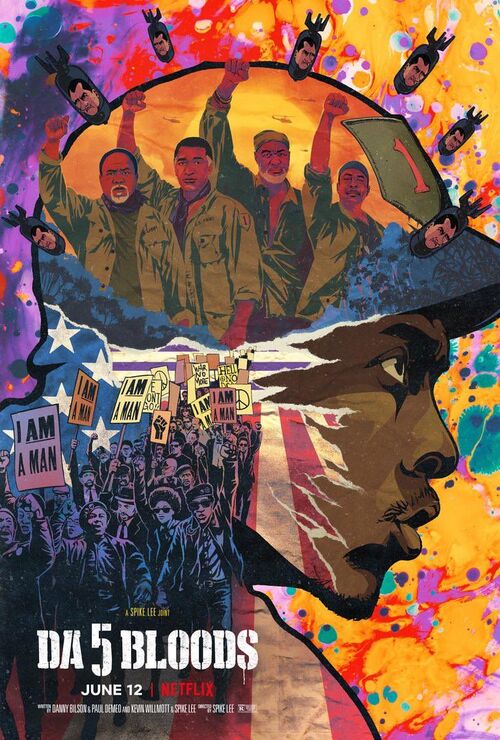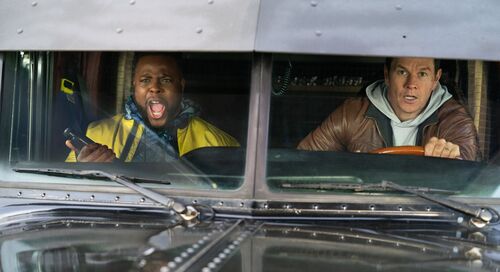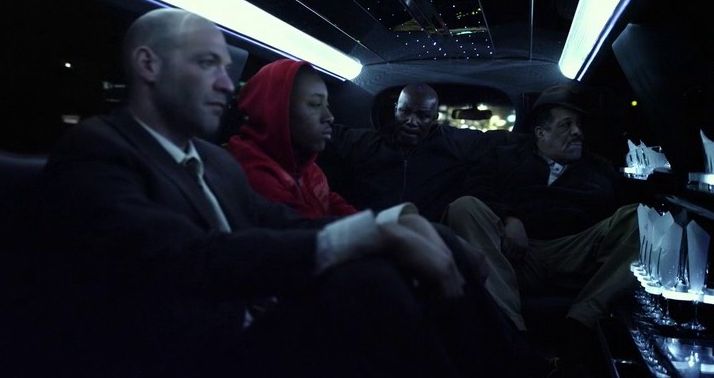
Glass Chin
 Glass Chin probably wins me over from the very first shot with the glorious Laura Nyro’s "It's Gonna Take a Miracle" filtering through as the film’s protagonist, played by Corey Stall, jogs into view with his pooch on side. Glass Chin serves one of my favorite scripts this year by Noah Buschel, who also stands behind the camera, and he presents to us a bit of a McGufffin in a boxing match that holds pivotal consequences – a boxing bout we never see. Buschel doesn't care to show audiences the big clichéd boxing bout in a boxing movie. He even takes a dig at Rocky. He is very interested in his characters though, crafting endearing personas and juicy dialogue for bright cast to work with in what is ostensibly a morality tale.
Glass Chin probably wins me over from the very first shot with the glorious Laura Nyro’s "It's Gonna Take a Miracle" filtering through as the film’s protagonist, played by Corey Stall, jogs into view with his pooch on side. Glass Chin serves one of my favorite scripts this year by Noah Buschel, who also stands behind the camera, and he presents to us a bit of a McGufffin in a boxing match that holds pivotal consequences – a boxing bout we never see. Buschel doesn't care to show audiences the big clichéd boxing bout in a boxing movie. He even takes a dig at Rocky. He is very interested in his characters though, crafting endearing personas and juicy dialogue for bright cast to work with in what is ostensibly a morality tale.
At the centre of this morality tale is Bud “The Saint” Gordon (Stoll), a retired boxer famous for exhibiting a glass chin in a big boxing bout he lost after pretty much being the dominant fighter. Things seem to have gone left for Bud in the years since his days as a boxer. He started a restaurant that eventually failed and he now lives in New Jersey in a small apartment with his admirably content girlfriend, Ellen (Marin Ireland). Ellen is quite modest and likes their small apartment, but Bud still feels a sense of entitlement to a better life. He still dreams of a big home in New York and refuses to let Ellen look for a job. There is not much back story to Ellen, but we can gather she is very loyal to her man along with her buoyant sanguine outlook and her desire for a family. Bud assures her things will get better and gets an opportunity to put his boxing experience to work and help train a young boxer named Kid Sunshine (Malcolm Xavier), who has a title shot coming up.
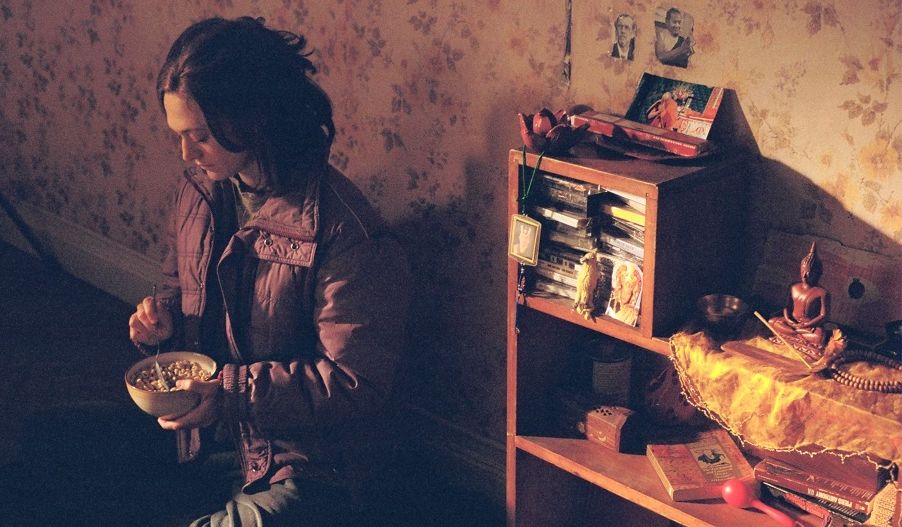
Another avenue for Bud rears its head in the person of his old friend JJ Cook, played with an entertainingly slick debonair by Billy Crudup. JJ is the kind of man who breaks into amusing asides, like his tangent on his submission to digital technology or his pet snow leopard. He dangles some sweets in front of Bud and woos him into doing some enforcer rounds for money alongside another amusing character, Roberto (Yul Vazquez). Oh yeah, JJ is also a gangster or crime boss of sorts, but he represents much more than that here. We slowly see him for the wearyingly conceited individual he is and he comes to represent that small abhorrent section of society that looks to press down on the common man – Bud included. He convincingly projects an entitled disdain for ordinary people engaged in ordinary things “like the laundry” but he doesn’t distance himself from the more ordinary individuals. He instead “loves to collect people” Roberto says. The films moral crux resides in the dynamic between Bud and JJ.
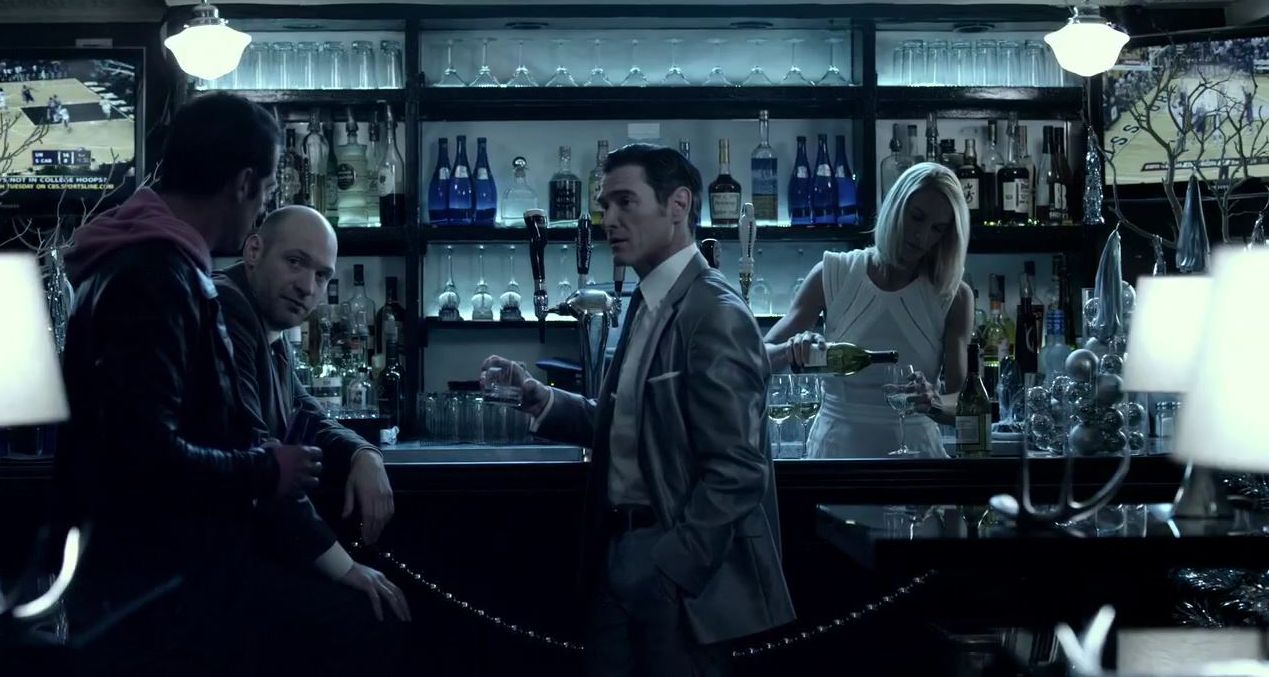
Buschel works around his obvious financial limitations allowing the cast and inventive craft to elevate this film from being just a simple narrative. The actors have gaudy lines to mull on long with the scenery to chew on and Buschel favors long sidling takes to focus our attention on the great detailed work the cast is putting in this very minimalistic film. Stoll holds this film together without really being as forceful as the other characters. His web extends to all the major characters and events eliciting a range of sentiments from ambition to regret to a restful satisfaction as this film unravels and we root for him till the very end.
